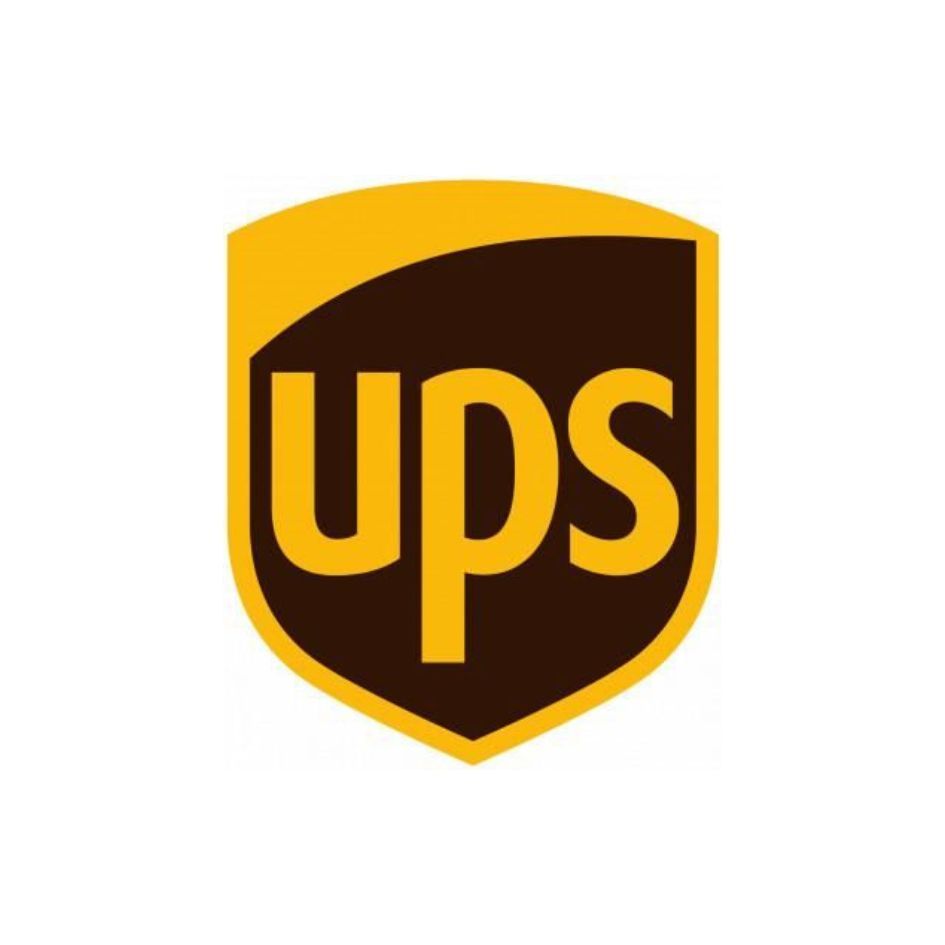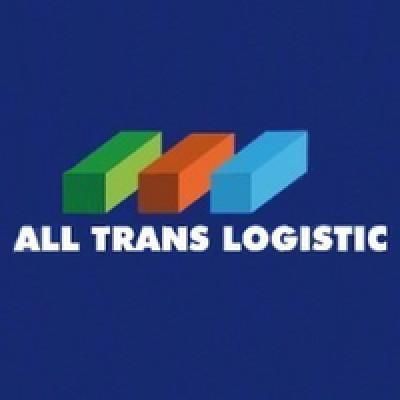
Logistics jobs in Luxembourg: wages, requirements, documents
The field of logistics is vast, encompassing all tasks related to organizing a company's activities. This includes the transportation of people and goods, storage, and internal organization of parts and raw materials in the workplace. In this article, we will review the diversity of options offered by this industry, explore its characteristics, and examine the most sought-after logistics jobs in Luxembourg.
Logistics jobs in Luxembourg are in high demand, spanning across various industries, not limited to transportation alone. It touches virtually every production and service sector. For production companies, logistics involves managing the inbound flow of raw materials, overseeing their storage, as well as handling finished products and component flow. In service-oriented businesses, logistics encompasses all activities conducted within and outside the company to manage both internal and external resources used in service delivery.
Which positions are most demanded in Luxembourg?
Almost every industry requires professionals in the logistics field, and the job market in this area in Luxembourg is abundant.
Statistics say
To analyze this matter in detail, we rely on the sectoral study conducted by the Ministry of Labour (MT) and the Employment Development Agency (ADEM) focusing on the transportation and logistics sector. This study reveals the most sought-after occupations and their representation rate among all declared jobs in this sector during the period 2015-2020.
Among the top 10 most sought-after jobs in Luxembourg, taxi and shuttle drivers top the list, representing 8% of declared positions, followed by long haul truck drivers at 7.5% and bus drivers at 6.8%. They are followed by warehouse workers at 5.1%, short-haul delivery drivers at 4.4%, railway traffic agents at 4.2%, forklift operators at 3.5%, charterers at 3%, pilots at 3%, and logisticians at 2.9%.

Overview of the logistics jobs in Luxembourg
Logistics is the comprehensive framework of means and methods necessary for organizing a company or service. It encompasses all activities aimed at planning, implementing, and controlling the efficient flow of goods, services, information, and funds from the point of origin to the point of consumption.
The logistics sector is vast and encompasses various industries, which can be classified into three branches:
Industrial logistics
Service logistics
Transportation logistics
The main functions of the logistics sector include demand planning, order preparation, network mapping, product transportation, and inventory control.
Training and skills required to work in the logistics sector
Given the broad spectrum of professions within the logistics area, the possibilities for education are varied, ranging in type and duration. While entry-level positions may be accessible without formal education, acquiring training can enhance employability, lead to better salaries, and aid in professional advancement. For roles like logistics manager, higher education is imperative, typically requiring five years or more of study.
Here are some examples of possible studies in this area, though due to the diversity of jobs, there may be numerous others:
The Diplôme d'aptitude professionnelle (DAP) allows entry into the job market as a qualified employee. The DAP program typically spans three years, including a minimum of 12 weeks of internship. An example of such training is the DAP Qualified Logistics Manager offered by Lycée Technique de Bonnevoie.
This qualification offers highly advanced vocational training, leading either directly to employment or to further technical studies. Lasting four years, the DT program includes a minimum of 12 weeks of internship. Examples in Luxembourg include:
- The DT Technician in Logistics offered by Lycée Technique de Bonnevoie.
- The DT Technician in Logistics offered by Lycée Technique de Lallange.
In addition to education and excluding job-specific competencies within the logistics sector, there are several common skills, including:
How to get a logistics job in Luxembourg?
Now that we have reviewed the various training programs available, let's take a look at the available logistics jobs in Luxembourg and examine which ones are most in demand.
Top-10 in-demand logistics roles in Luxembourg
In the logistics field, there are various areas of work and multiple specializations or sub-areas. Below, we present a list of 10 key roles:










Luxembourg establishments recruiting in the logistics sector
If you're interested in the logistics field and wondering where to find logistics jobs in Luxembourg, we've got you covered. Whether you're seeking amazon delivery jobs, part-time delivery jobs, or higher-level positions like logistics manager, we'll guide you on where and how to search. We will explore the top job portals and discover the best places to find employment opportunities in Luxembourg.
Luxembourg establishments recruiting in the logistics sector
There are numerous establishments offering opportunities in the logistics sector in Luxembourg. Here's a list of 10 such companies along with links to their job offerings in this field:










Job portals
For comprehensive market research on job opportunities, the internet proves to be an invaluable resource. Numerous job portals host thousands of job listings, allowing users to filter by industry, location, educational requirements, or necessary work experience.
Among the international portals are eures.europa.eu (the European Union's portal), eurojobs.com, eurojobsites.com, experteer.com, indeed.com, page.com and LinkedIn.com.
For local opportunities in Luxembourg, prominent portals include jobfinder.lu, jobs.lu, monster.lu, and moovijob.com. Each portal offers a unique set of opportunities, allowing you to tailor your job search to your preferences and career goals.
Freelance and interim work in the sector in Luxembourg
In the logistics sector, freelance work is feasible, particularly in highly skilled roles like logistics consulting. However, it's more prevalent in specialized areas where independent contractors can offer expertise and niche services.
Temporary work is common in logistics for operational and less skilled positions due to fluctuating demands, seasonal peaks, and short-term projects. Employers often rely on temporary staffing to manage workload variations efficiently and cost-effectively.
What else can you read on the topic of employment in Luxembourg?
You will find a variety of articles on job search, career development, and workplace culture in our dedicated section of the Blog. Check it out.
Salaries in the logistics sector in Luxembourg in 2024
Given the diverse range of professions within the logistics sector, salary ranges vary significantly, providing only a broad overview. However, for a general idea, Paylab offers an estimated salary range for the sector. According to their data, salaries range from a minimum average of 3,028 euros to a maximum average of 6,220 euros.
For a clearer understanding of salaries by profession, the following table illustrates some average salaries for various positions within this field.
| Role | Minimum (euros) | Maximum (euros) |
| Supply Chain Specialist | 4,020 | 8,072 |
| Traffic Controller | 3,434 | 6,443 |
| Logistics Controller | 3,068 | 5,636 |
| Engine Driver | 3,001 | 6,017 |
| Logistics Clerk | 2,950 | 5,473 |
| Import/Export Officer | 2,879 | 5,357 |
| Dispatch clerk | 2,622 | 4,804 |
| Forklift Truck Operator | 2,407 | 4,832 |
| Warehouseman | 2,353 | 4,446 |
| Postal Delivery Worker | 1,723 | 3,798 |
Wage to count on
The salary range for electrician professionals in Luxembourg typically spans from 3,028 euros (average minimum wage) to 6,110 euros (average highest median salary).
What papers do you need as a foreigner?
For European nationals, the process of working in Luxembourg is relatively straightforward, given the freedom to live and work in any European country. However, navigating the paperwork becomes essential if you are not a European national.
The requirements vary based on your circumstances, distinguishing between employed and self-employed roles. Additionally, familial situations, such as having a Luxembourgish or European partner, can impact the process.


Frequently Asked Questions (FAQ)
What are the educational requirements to work in the logistics sector?
The educational requirements to work in the logistics sector in Luxembourg can vary depending on the specific role. Entry-level positions, such as warehouse associates or delivery drivers, may only require a high school diploma or equivalent. However, for more specialized roles like logistics coordinators, supply chain analysts, or operations managers, employers often prefer candidates with a bachelor's degree in logistics, supply chain management, business administration, or a related field. Some positions may require further education or certifications, such as a master's degree or professional certifications in logistics and transportation management.
What are the most in-demand roles within the logistics industry in Luxembourg?
Luxembourg's most in-demand roles within the logistics industry include taxi and shuttle drivers, long-haul truck drivers, bus drivers, warehouse workers, short-haul delivery drivers, railway traffic agents, forklift operators, charterers, pilots, and logisticians. These positions are crucial for maintaining transportation networks, managing goods movement, and ensuring efficient logistics operations in Luxembourg's dynamic economy.
Are there opportunities for highly qualified professionals?
Yes, there are ample opportunities for highly qualified professionals in the logistics sector in Luxembourg. As a global financial and logistics hub, Luxembourg offers a range of opportunities for professionals with advanced degrees, specialized skills, and extensive experience in areas such as logistics management, supply chain optimization, strategic planning, and international trade. Companies operating in Luxembourg often seek highly qualified professionals to lead logistics operations, drive innovation, and manage complex logistics networks to support their business objectives and maintain competitiveness in the global marketplace.
Source: www.hellowork.com, 2gologistics.com, safetyculture.com, qlu.ac.pa, jobs.makesense.org, www.yakaz-emploi.fr, fr.indeed.com, www.ltb.lu, maison-orientation.public.lu, men.public.lu, www.ltl.lu, www.institutnemo.com, www.uni.lu, adem.public.lu, www.paylab.com
We took photos from these sources: ADEM, Moovijob, Interoute, CHUTTERSNAP on Unsplash